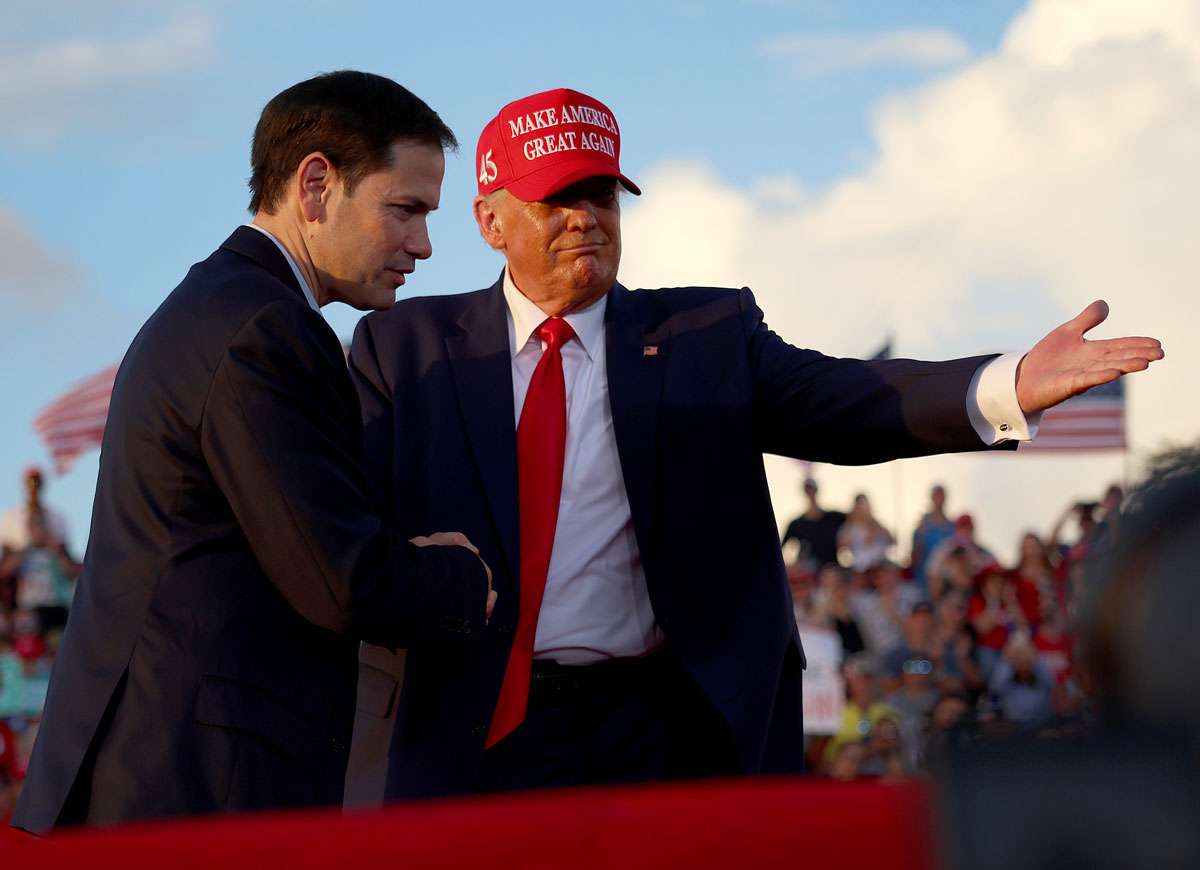Trump Administration’s Foreign Aid Funding Freeze Creates Confusion
Staff working on foreign aid projects affected by the Trump administration’s funding freeze have been asked to justify their work through a survey based on unusual criteria linked to the White House’s revised national security priorities. On March 5, the State Department’s Bureau of Democracy, Human Rights, and Labor launched a review of its foreign assistance programs to assess if they support projects related to climate change, transgender issues, or diversity and inclusion, according to an internal email.
>READ MORE: DEMOCRATIC SENATORS REGRET VOTING TO CONFIRM MARCO RUBIO
The survey asked program staff to explain whether their work contributes to limiting illegal immigration, securing U.S. borders, combating Christian persecution or ensuring access to rare earth minerals. Thousands of projects have already dismissed staff and severed ties with local partners, meaning that even if stop-work orders are lifted, many may remain inactive.
The administration has claimed it reinstated funding for critical programs and established strict criteria for reviewing foreign aid spending. However, staff have reported confusion, with limited communication from USAID and State Department officials tasked with evaluating their programs.
Subscribe to our free weekly newsletter!
A week of political news in your in-box.
We find the news you need to know, so you don't have to.
>MORE: State Dept. Official Spread Rumors Mocking Sec. Of State Marco Rubio’s Sexuality & ‘Low IQ’
After the January freeze on nearly $60 billion in foreign aid, Secretary of State Marco Rubio reassured the public that life-saving operations would continue. “We don’t want to see anybody die,” he said in early February. Aid organizations around the world scrambled to prove their life-saving efforts and sought approval from the State Department and USAID to continue their operations. The administration acknowledged that some programs, such as field hospitals in Gaza, HIV drug distribution in the DRC and food aid for Syrian refugees, were essential and should remain active.
By late January, Rubio and his aide, Peter Marocco, granted temporary waivers to many programs while a three-month “case-by-case review” was conducted. However, on Feb. 26, they abruptly cut nearly 10,000 aid programs, including those previously granted waivers, stating they no longer aligned with President Donald Trump‘s agenda. This decision, according to federal officials, condemned vulnerable populations to death, with local authorities estimating the death toll could reach hundreds of thousands.
In response to a Supreme Court ruling, some stop-work orders were lifted on March 6, but program administrators remain uncertain about the future criteria. “We might not file the questionnaire now… [because] it will be incriminating,” one program head said to the Guardian. “Lots of [organizations] aren’t doing it anyway.”
Get the most-revealing celebrity conversations with the uInterview podcast!






Leave a comment